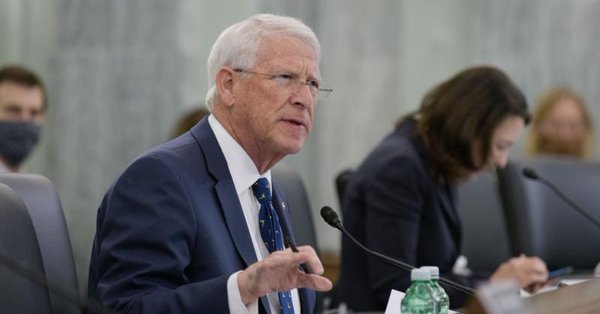Hosemann backs legislation aimed at crime reduction
Six Senate bills making their way through the Mississippi legislative process seek to set minimum sentences for some pervasive crimes and reduce theft of public tax dollars.
“We have seen an uptick nationwide, during and after the pandemic, in violent crimes like armed carjacking. No Mississippian should be afraid they are going to be held up getting into a vehicle in their driveway or at the grocery store,” Lt. Governor Delbert Hosemann said. “We have to have deterrents in the law, including minimum sentencing.”
Sen. Joey Fillingane authored five of the bills, which include new minimum sentences for the crimes of fleeing law enforcement resulting in bodily harm (10 years); fleeing law enforcement resulting in death (20 years); carjacking (5 years); and armed carjacking (10 years) (S.B. 2101). Resisting arrest where an officer is subjected to serious bodily harm would also be a felony, with imprisonment in the Mississippi Department of Corrections (MDOC) custody for up to two years under the legislation.
Additionally, Fillingane’s bills would punish motor vehicle theft as a felony, with a fine of $10,000, or imprisonment in MDOC custody for a minimum of five years and a maximum of 20 years, or both. A second offense would result in a fine of $20,000, or a minimum of 10 years and a maximum of 40 years, or both (S.B. 2099).
The crime of receiving stolen property would include a stolen motor vehicle under Fillingane’s legislation (S.B. 2100), which would receive a minimum sentence of five years imprisonment and a maximum of 20 years or a fine of up to $10,000, or both.
Other legislation is aimed at addressing public corruption.
Under a bill authored by Fillingane, the statute of limitations would increase from three to five years for bribery of a public official, matching federal limitations (S.B. 2122).
Sen. Jeremy England authored legislation creating a registry of offenders who commit a crime of embezzlement or misappropriation of public funds (S.B. 2420). Offenders would stay on the list for five years after conviction or the date of release from incarceration. The bill would restrict governmental entities from hiring someone on the list to a position in accounting or which otherwise oversees taxpayer funds.






